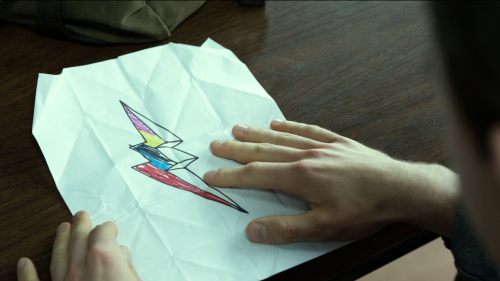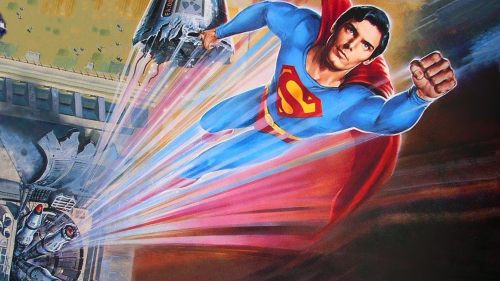Say Something Nice: DAWN OF THE DEAD (2004)
Zack Snyder is no George Romero. It’s an obvious statement, but a necessary one, and one that will most certainly bring out the DC bros in their angriest capacity, and yet, I’m here for it. People can argue that Snyder’s Dawn of the Dead isn’t really that bad of a remake, that it’s his best movie, and that hardcore horror fans should give it the credit it deserves. In a way, they’re right. The man who went on to garner billions with mega blockbusters like 300, Watchmen and Man of Steel may have succeeded financially in his career at an alarming rate, but still never really exceeded the talent and skill set that he displayed with his directorial debut. Dawn of the Dead is Snyder’s best movie, it’s true – and it’s still a bad movie.
In the original 1978 Dawn of the Dead, four young people, Francine, Stephen (a.k.a. “Fly Boy”), Peter and Roger hide out from the impending apocalypse in an abandoned indoor shopping center, where they proceed to carry on as if the world outside isn’t falling apart all around them. They spend their days stealing clothes, jewelry and money from the stores, basking in all of the material items they have at their disposal, and eating fine meals from the food court in the evening. The Bystander Effect in full satirical swing. That is, until they wind up dealing with an even bigger threat – other, more aggressive humans.
George Romero is a man that begins his stories with a theme and builds out the rest of the picture from that subject matter. As he said in his 1997 BBC2 interview, “The theme I’ve always used is the idea that we just don’t talk to each other, and this complete lack of communication. We have a willingness to adopt a position….this sort of tribalism….people murdering each other for their point of view”. This commentary on humans’ tendency towards chaos is on full display in his 1978 film, but that’s not the only discussion that this iconic thriller sparks. By showing the zombies slowly milling around the mall, groggily riding up and down escalators, dragging their feet through the shiny, lux-filled aisles, Romero provides a sobering look in the mirror at the way that we’ve all let consumerism control us. Capitalism has stolen our humanity, and in a way, we’re really no different from the walking dead.
Zack Snyder is less concerned with themes and more concerned with theatrics. At a glance, it appears that his 2004 update on Romero’s classic isn’t all that different from its predecessor. There’s a random group of people brought together by the end of the world, who camp out in a nearby shopping mall, fighting off the occasional zombie and stealing as much as humanly possible from the overstocked stores. Still, one can’t help but notice that in place of strong character motivation, there’s just slick characters looking cool, spouting off one liners, pulling off heroic moves in the nick of time, and doing it all without breaking a sweat. There’s no real coherent narrative present. No lesson to be learned. Instead of developing the original characters, Snyder just adds in more bodies for the slaughter every thirty minutes, thus providing the same sense of overstimulation that Romero was trying to warn us about. Just as his 2011 film Sucker Punch, Snyder is so busy glorifying what he’s claiming to condemn that he never really sends a message of any kind, other than perhaps how rad it would be to be caught in a situation like this. Romero was starting a debate, and Snyder was providing an escapist fantasy. Romero changed the cinematic zombie genre forever, and Snyder made them run faster.
Still, there are at least a few minutes of saving grace within this cluster of pretty faces and slowed down shotgun blasts: the opening credits – a sequence that, given its strength in such a short period, brings about the notion that perhaps Snyder’s technique would be greatly improved if he would just give himself a stricter time limit. Check it out:
The opening credits sequence encapsulate a narrative that the film itself simply could not. The panic of an overthrow of normality. The anxiety stemming from unexplainable chaos. The dreadful notion that perhaps the world has always been heading this way, from the mass shootings, to the peaceful demonstrations turned violent, to the collective effervescence evolving into riots –that with all of this stealing and looting, murdering and backstabbing, maybe we brought the end of the world on ourselves. Limited to three short minutes, and strengthened by the power of Johnny Cash's "The Man Comes Around", Snyder delivers a powerful, taut, and careful consideration of the realities of mass hysteria, destructive human nature, and speedily sweeping uncertainty. It’s a shame that the movie itself couldn’t follow suit.



